An unforgettable 12-6 win in an unforgettable season
By Larry Dykstra, Class of 1975
It was the most successful season in Augustana Viking basketball history. Coach Jim Borcherding’s 1972-1973 squad garnered national attention, evidenced by a Sports Illustrated article titled "The Swedes are Meatballs No More." Given the Vikings’ perfect 16-0 record in conference play, the article’s subtitle said it best: "Everybody used to feast on little Augustana, but now the Vikings are parceling out defeats for all."
The team’s 29-2 record was the product of great coaching plus talented players. While memories fade, 50 years later, one game remains unforgettable to anyone who was there. It was a contest that challenged our understanding of what "competition" could look like and provided a lesson in how "success" should be defined.
I was one of the thousand or so packed inside Carroll College’s Van Male Field House on a Saturday evening in early February 1973, enjoying a front row seat as color commentator for Augustana’s college radio station. The Vikings had manhandled the Carroll Pioneers in Rock Island two months earlier by a 45-point margin. Despite that lopsided defeat, fans arriving to celebrate Carroll’s Alumni Night were wondering if their home squad could pull off a major upset? They came close.
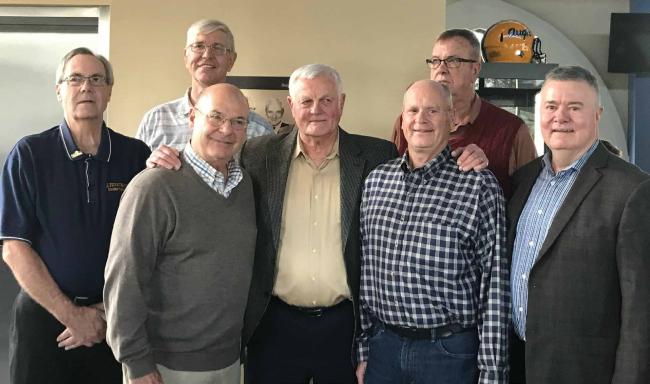
From the left: Chuck Menzer, Bruce Hamming, Drew Boster, Coach Jim Borcherding, Jim VanDeCasteele, John Laing, Mark Brooks (November 2019)
The game opened with Augie's 7'0" All-American center John Laing winning the opening tip-off, followed by guard Mark Brooks’ basket 20 seconds later. But on Carroll’s first offensive possession, their guard stopped just past half court and stuffed the ball under his right armpit while teammates weaved back and forth 20 feet from the basket.
I shared a glance with my play-by-play partner, Mike Weindruch, who was looking for me to say something that would help our listening audience back on campus understand why we were failing to report any action.
"They’re looking for open shots," I suggested.
Within seconds I realized my mistake. The Pioneers weren’t looking for any shots, a tactic possible before the 45-second shot clock was instituted in men’s basketball in the mid-1980s. Carroll teammates passed the ball back and forth with an occasional dribble or two thrown in for good measure. The referees, rendered purposeless by the lack of action, took on the role of spectators.
As their chants of "Bounce. Bounce. Pass. Bounce. Pass. Pass." echoed throughout the gymnasium, home fans sat in stoic silence.
The game dragged on like an uncomfortable first date. Taking advantage of Pioneer turnovers, the Viking offense converted five of nine shots while Carroll only made one of three — a breakaway layup immediately following one Augustana basket. After the clock ticked down with few interruptions, the scoreboard read Augustana 10, Carroll 2 at halftime.
"That first half was a nightmare for our guys," recalled Coach Jim Borcherding. During the intermission, Viking players advocated pressing Carroll to hasten the pace of the game, but Borcherding resisted. "We have the lead," he said, "so let’s not take any unnecessary chances."
The Vikings did use their initial second-half possession as a teachable moment. Viking point guard Drew Boster stopped past the half court line and tucked the ball under his arm, mirroring Carroll’s initial possession in the first half. The message was clear: If you don’t want to play this game, we don’t need to play either. After pausing the action for precisely one minute, enough to make the point, Vikings forward Chuck Menzer scored to give the Vikings a 12-2 lead.
No substitutes played. Only two players from each team scored. No free throws were attempted during the entire game.
On the next possession, Carroll returned the game to the same deliberate pace, passing up shots even when invited to by a sagging Viking defense. Meanwhile, the hundred Augie supporters who had traveled to Wisconsin expressed their displeasure with vocal mockery of each meaningless move the Pioneers made. As their chants of "Bounce. Bounce. Pass. Bounce. Pass. Pass." echoed throughout the gymnasium, home fans sat in stoic silence.
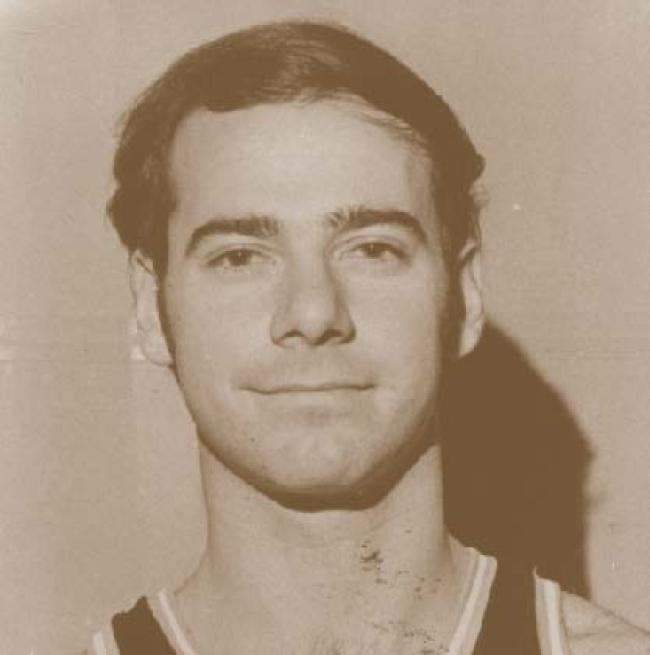
The Pioneers continued to show no interest in scoring. Then, to everyone’s surprise, Carroll made consecutive baskets within a three-minute span, narrowing the score to 12 to 6 with 11 minutes remaining. Down by six points, fans anticipated a flurry of action calculated to achieve an upset of stunning proportions — quick shots on offense, a pressing defense trying for a steal, intentional fouls of frustrated Viking players who might miss crucial free throws, a full-out bid to win.
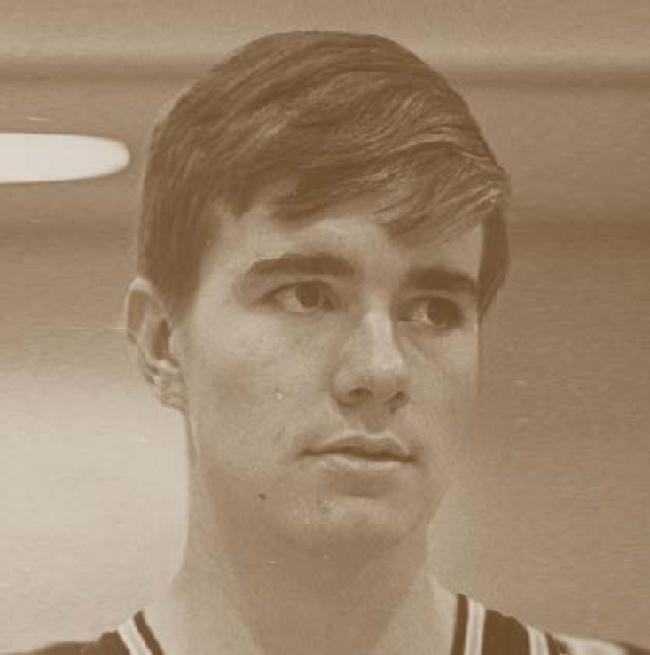
Nothing close to that happened. In the final eight minutes, Carroll attempted only two field goals and committed only two fouls, neither of which forced a Viking free throw. Their final shot with 90 seconds remaining was blocked by Viking center Laing, giving Augustana possession and allowing them to run out the clock. As time expired, the scoreboard read the same as it had with 11 minutes remaining: Augustana 12, Carroll 6.
Bewildered by how Carroll finished the game, Coach Borcherding approached their coach and said, "You didn’t try to win!" The response, "Well, we held you to only 12 points."
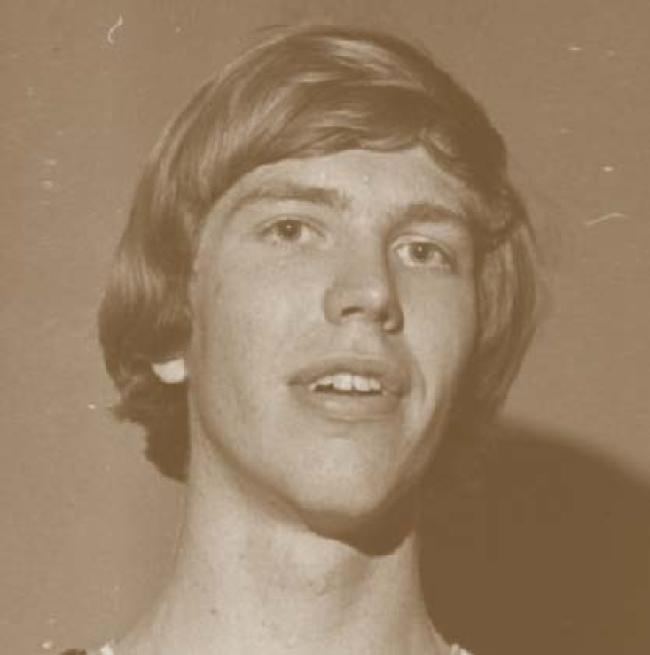
Perhaps that was the goal from the onset — to achieve historic lows. If that was the case, Carroll reached their desired outcome. Six points scored by one team, and the 18-point combined total, are both likely record lows in the modern history of college basketball. No substitutes played. Only two players from each team scored. No free throws were attempted during the entire game. Viking forward Chuck Menzer tallied 10 points, nearly doubling Carroll’s team total.
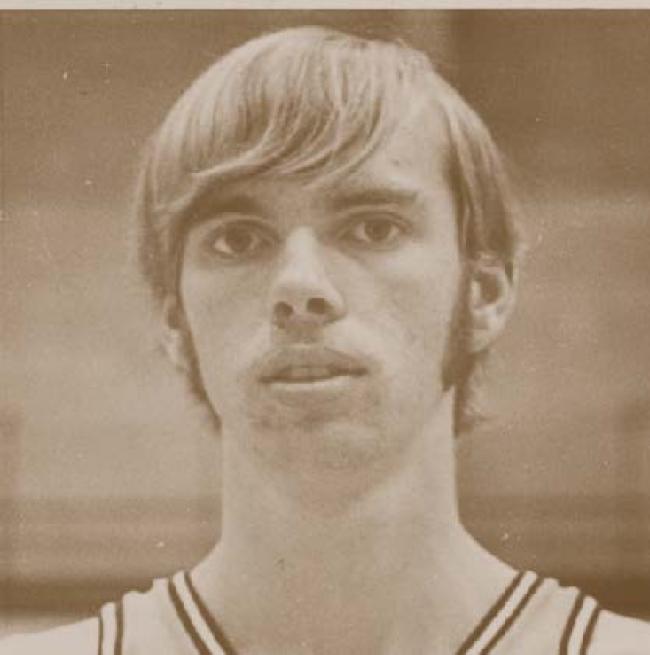
Those are the facts. But a nagging feeling of being robbed of something undefined that night remained until I happened upon a book investigating the impact of mindset on athletic performance. In "Top Dog: The Science of Winning and Losing," sports psychologists Po Bronson and Ashley Merryman examined the fifth (and final) shootout kicks used to determine the winner of a soccer game ending in a tie. When a missed kick would result in a loss, professional players converted 62% of their shots. But when a successful kick would result in a win, players scored 92% of the time. Since all the shots were identical in terms of target and distance, the 30% point difference demonstrates how the odds of success improve dramatically when the competition is framed as the potential to win versus the possibility to lose.
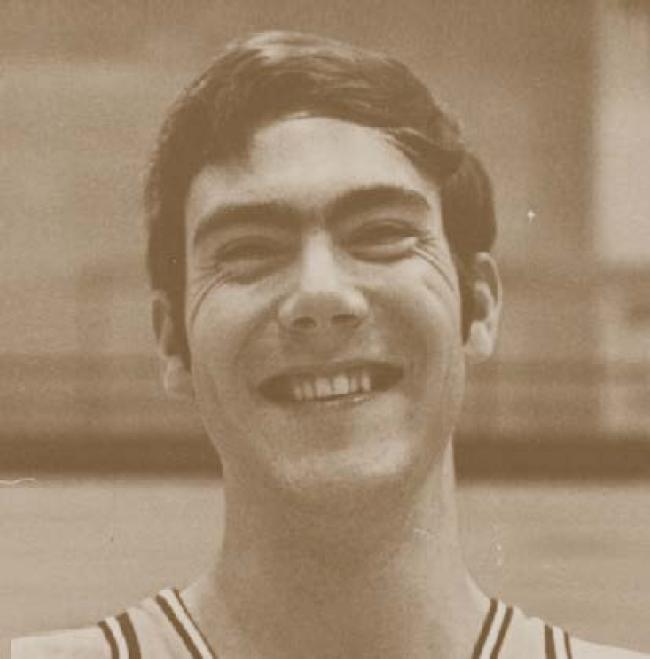
While we can never know what might have happened if Carroll coaches had not chosen to define "success" as a respectable loss in front of alumni, we do know that framing those final minutes as an opportunity to win would have improved their chances. The broader lesson is that defining what "success" looks like is a crucial leadership responsibility because the result you demand is the result you are likely to get.
The Vikings rebounded from their Wisconsin weekend in the deep freeze with a string of wins on their way to an undefeated conference record, the only team in the CCIW to ever accomplish that feat. Their second loss of the season came in a NAIA tournament semi-final match against a Guilford College team led by two future NBA standouts. The Vikings garnered their 29th win the next night for the third-place trophy in the national tournament.
While the game played out in a most unusual fashion, Augustana’s 12 to 6 win over Carroll proved to the team they could prevail regardless of how their competition played the game. That is why the 1972-1973 Viking basketball team deserves an entire chapter in the book of Augustana sports history. As Coach Borcherding declared with the same pride and enthusiasm he brought to coaching, "Son of a biscuit! It was one phenomenal year!"
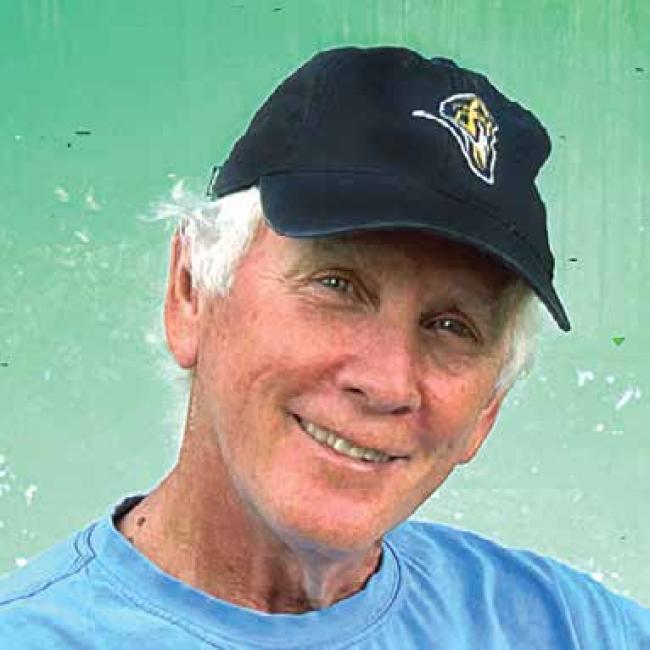
About the author
After graduating in 1975, Larry Dykstra (larry.v.dykstra@gmail.com) continued graduate studies in political science before beginning his business career. He worked with Gatorade and Pizza Hut, where he was a corporate executive specializing in consumer insights, marketing strategy and innovation.
Dykstra has published three books. “Musical Hugs” and “Music on a Mission” share stories about the healing power music revealed through his volunteer work as a therapeutic music entertainer in children’s hospitals. “In the Service of My Country” provides an account of the 50 bombing missions his father completed during World War II. His fourth book, tentatively titled “Redemption from Pluto: Things I Have Learned Worth Sharing,” is slated for publication this year.
Currently living in Dallas, Texas, Dykstra says he is grateful for the Augustana liberal arts education that prepared him for a successful career and inspired him to be a lifelong learner.
